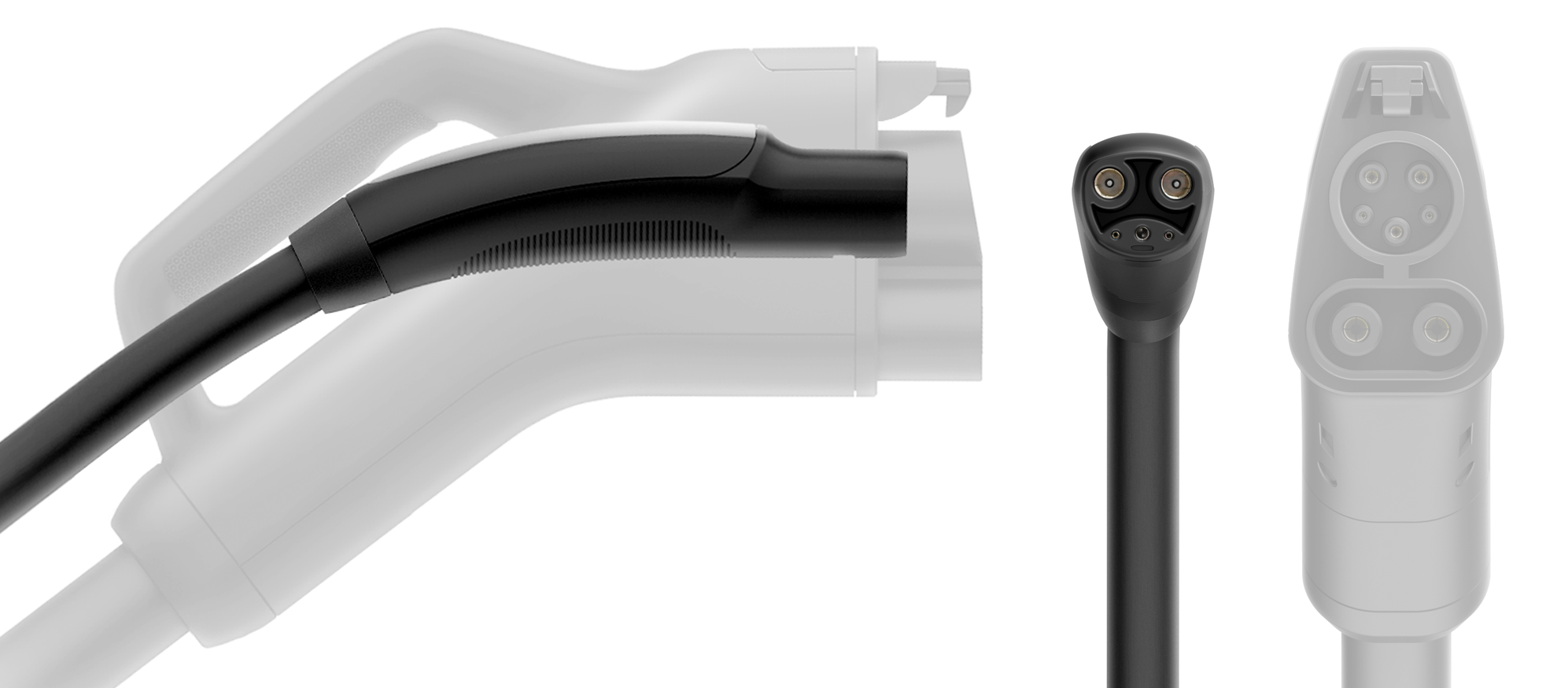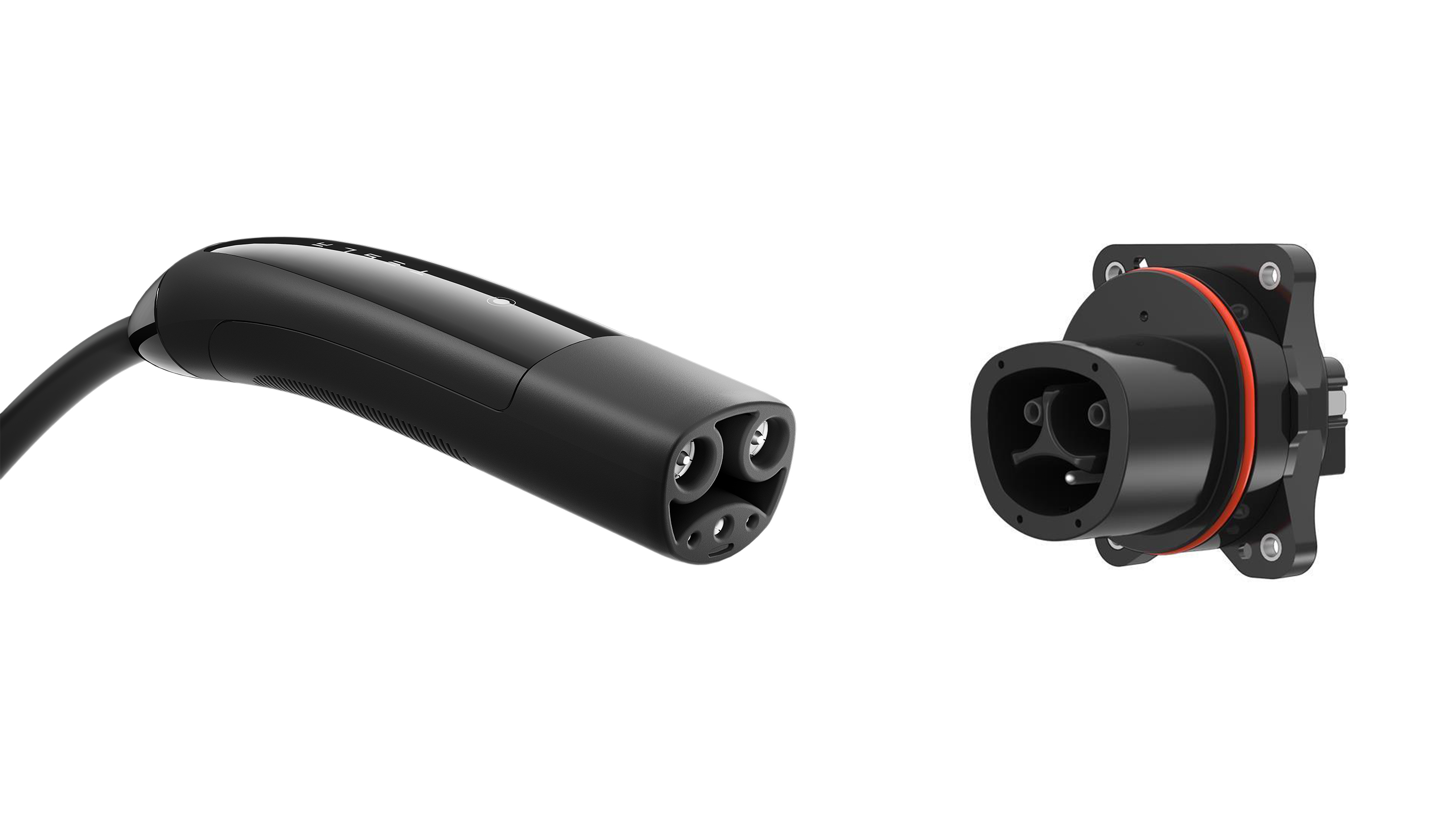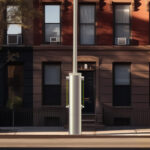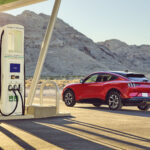As more and more EV-makers jump on the North American Charging Standard (or NACS) bandwagon, SAE is standardizing NACS for the ease of manufacturers of both EVs and charging hardware. SAE International will standardize the Tesla-developed NACS connector for North American use instead of the SAE J1772 Combined Charging System (CCS1) connector.
The plan is to develop a new SAE NACS connector standard “on an expedited timeframe“ to “ensure that any supplier or manufacturer will be able to use, manufacture, or deploy the NACS connector on electric vehicles (EVs) and at charging stations across North America.” By developing a standard, we understand that they hope to create detailed documentation for the entire EV industry, just like in the case of the SAE J1772 standard (AC) and its extended combo version for DC charging.
“The standardization process is the next step to establish a consensus-based approach for maintaining NACS and validating its ability to meet performance and interoperability criteria. The Joint Office of Energy and Transportation was instrumental in fostering the SAE-Tesla partnership and expediting plans to standardize NACS—an important step in building an interoperable national charging network that will work for all EV drivers.”
“The new SAE NACS connector standard will be developed on an expedited timeframe and is one of several key initiatives to strengthen the North American EV charging infrastructure. This includes SAE-ITC’s Public Key Infrastructure (PKI) for cyber-secure charging. In close cooperation with National Labs, SAE also is contributing to reliability design for the national ChargeX consortium.”
Since Tesla announced the opening of the NACS in November 2022, several other EV manufacturers (such as Ford, General Motors, Rivian, and Volvo) have decided to switch from CCS1 to NACS as early as 2025. Aptera also supports the NACS, while some other brands are weighing theirnationwi options or simply waiting to see what happens.
Tesla’s charging solution was considered better than CCS1 by many because it’s smaller, lighter, without moving parts, and supports AC and DC charging scenarios. Tesla has proved that its in-house hardware and software are very reliable; combined with the pretty large size of the Tesla Supercharging network (over 2,000 locations) and Tesla’s huge market share in North America (consisting of no lower than 60 percent of new all-electric car registrations) have secured it with a very strong position in the battle for market domination.
The news about an accelerated standardization process for Tesla’s NACS is expected to be very positively received by the industry and consumers because there is a big chance that the entire North American region will gradually switch to a single plug for electric car charging over the next several years.
SAE International’s full press release is available here.









0 Comments